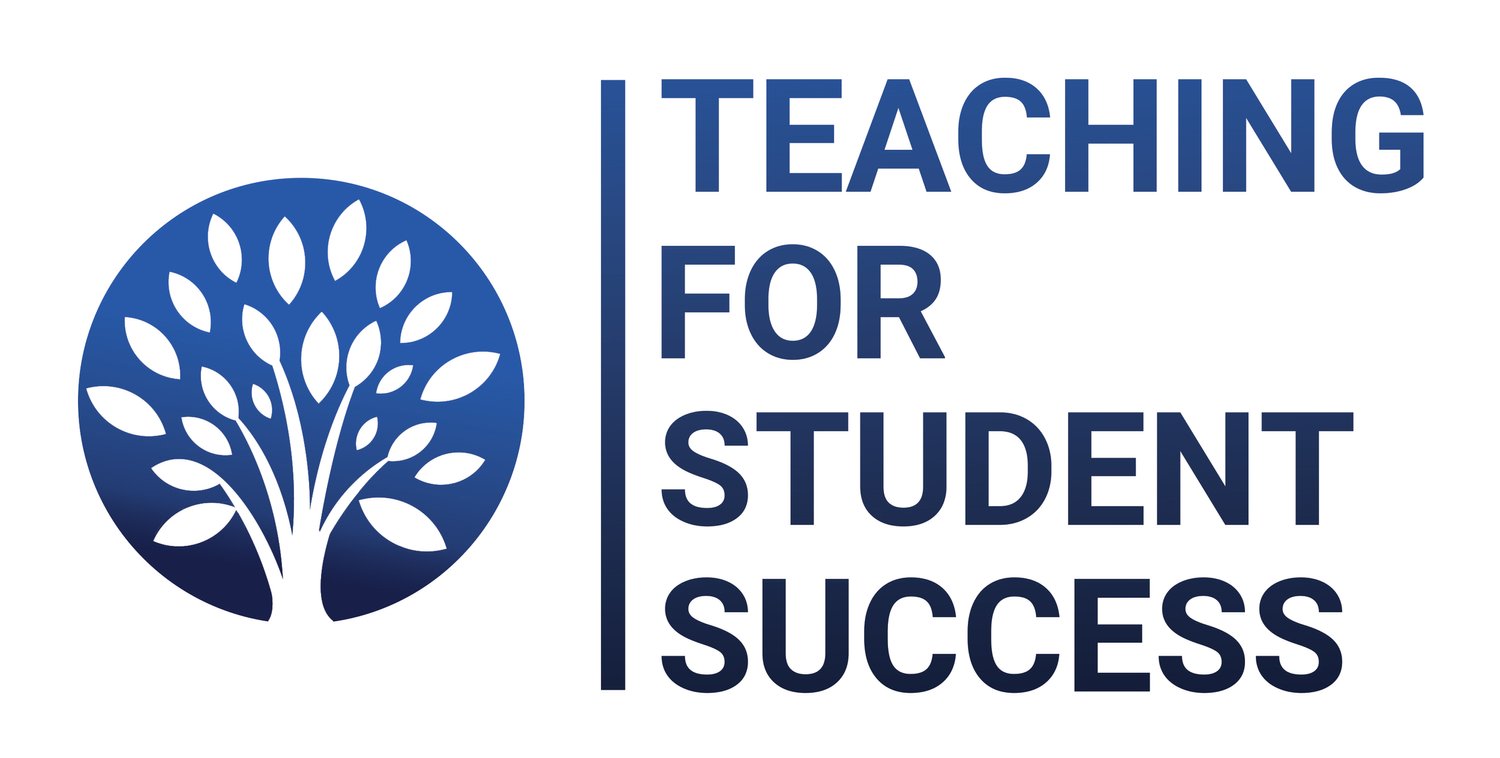Episode 14: Faculty Mindset: A Hidden Bias That Impacts Student Success
Listen to Full Episode
Thank you to Howard Hughes Medical Institute BioInteractive for providing these transcripts.
Summary
Many faculty participate in professional development programs that promise increases student success and decreases in the opportunity gap. Programs that train faculty in evidence-based practices have reason to promise these outcomes. However, some faculty that go through these trainings implement theses practices, others don’t. What are the factors that underlie this choice to adopt proven practices or not? Gender? Seniority? Concern about teaching evaluations? In this episode, we discuss a hidden BIAS that impacts the adoption of evidence-based teaching practices: Mindset! Faculty that have a growth mindset about their students adopt evidence based practices at a higher rate than faculty that have a fixed mindset about their students. Since active learning and other student-centered teaching practices have been shown to improve student success, equity and inclusivity, understanding barriers to adoption of these practices is a critical issue. It’s a critical issue especially for the students whose performance would be positively impacted by the adoption of student centered practices. Perhaps professional development workshops related to evidence based practices should spend more time addressing faculty mindset about students - so that more faculty commit to and implement active learning practices in their classes.
References
Aragon, O. R., Eddy, S. L., Graham, M. J. (2018). Faculty Beliefs about Intelligence Are Related to the Adoption of Active-Learning Practices. CBE LSE 17:ar47. https://doi.org/10.1187/cbe.17-05-0084
Related Reading
Handelsman, J., Miller, S., & Pfund, C. (2007). Scientific teaching. New York: Macmillan. This is an excellent all-around on the topic of teaching reform.
Rattan, A., Good, C., & Dweck, C. S. (2012). “It’s ok—Not everyone can be good at math”: Instructors with an entity theory comfort (and demotivate) students. Journal of Experimental Social Psychology, 48(3), 731–737. https://www.sciencedirect.com/science/article/abs/pii/S0022103111003027?via%3Dihub. This was eye-opening about how our attitudes affect students.
Waugh, R. F., & Punch, K. F. (1987). Teacher receptivity to systemwide changes in the implementation stage. Review of Educational Research, 57(3), 237–254. https://journals.sagepub.com/doi/abs/10.3102/00346543057003237?journalCode=rera. And, in line with the theme of this podcast, getting instructors/profs to buy into teaching is a big part of the battle, so we must consider their attitudes/beliefs.
Aragón, O. R., Dovidio, J. F., & Graham, M. J. (2017). Colorblind and multicultural ideologies are associated with faculty adoption of inclusive teaching practices. Journal of Diversity in Higher Education, 10(3), 201–215. https://doi.org/10.1037/dhe0000026. We show this too in our paper that looks at other attitudes/beliefs in instructors/profs and how they affect uptake of inclusive teaching interventions.
Related Websites
A Private Universe. https://www.learner.org/series/a-private-universe/1-a-private-universe/
Chi, M.T.H. (2008). Three types of conceptual change: Belief revision, mental model transformation, and categorical shift. In S. Vosniadou (Ed.), Handbook of research on conceptual change (pp. 61-82). Hillsdale, NJ: Erlbaum.

